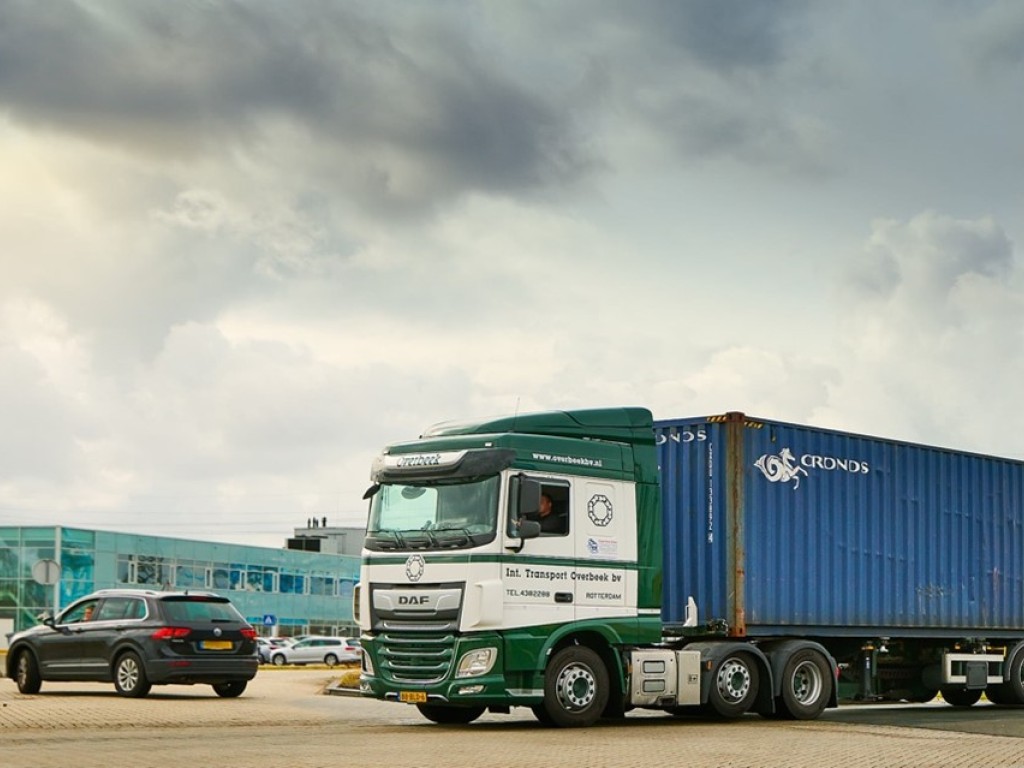DASLOCA (Data-driven Service Logistics for Contested Airspace)

Motivation and goals
For several decades, the Royal Netherlands Air Force (RNLAF) has only had to fight in conflicts of choice. In these conflicts, air superiority and freedom to operate was a given, but the RNLAF can no longer rely on this. It must prepare more diligently for prolonged combat operations in a contested environment with much greater uncertainty than the RNLAF has faced in the past. In such an event, the availability of all its high-tech assets, dependent in large part on effective service logistics, is crucial for success.
The uncertainty of a conflict against a near-peer can manifest itself in many ways. In our project, we focus on two specifically, each with their own work package: uncertainty in asset operating profiles and uncertainty in asset locations.
Activities / work packages
Uncertainty in asset operating profiles is a result of never-before encountered levels of operational intensity, as well as evolving tactical operating procedures (e.g., more low-altitude or night operations). No historical data on such operating profiles exists, which is why the first work package of our project focusses on obtaining component failure predictions through a combination of multiple data sources. Specifically, we will investigate how, and to what extent the combination of sensor data and human judgement can yield failure predictions that are more robust in case of suddenly changing asset operating profiles.
In the second work package, we develop a model for the allocation of spare parts under uncertain asset locations, which may shift repeatedly during a prolonged conflict. Input for the allocation decisions are conflict scenarios, as well as failure predictions obtained via work package 1 and insight in upstream performance of spare parts supply chains.
Expected results
Together, both work packages represent a novel, data-driven service logistics concept in contested environments, aimed at increasing the effectiveness of the RNLAF. In both work packages, we develop low-level TRL software tools. These will be used as demonstrators to highlight the key insights of our research, but they also provide the basis for potential future development.
Innovativeness
Our work packages center around service logistics for contested airspace, in which operating profiles and asset locations are uncertain. The research conducted on the mathematical models are expected to yield new insights into predictive maintenance and spare parts management in such a highly volatile environment.
Valorization strategy and implementation strategy
Our consortium consists of the RNLAF’s Data Science Cell, and its strategic partner Capgemini, who are both experts on software development. The tools developed in cooperation with these consortium members as part of our activities will be used to valorize our results. These deliverables are also an excellent starting points for further development
5
into fully functioning software products. On the scientific side, we have two universities with an excellent track record on research in the field of service logistics and valorization: Eindhoven University of Technology and the Netherlands Defense Academy.